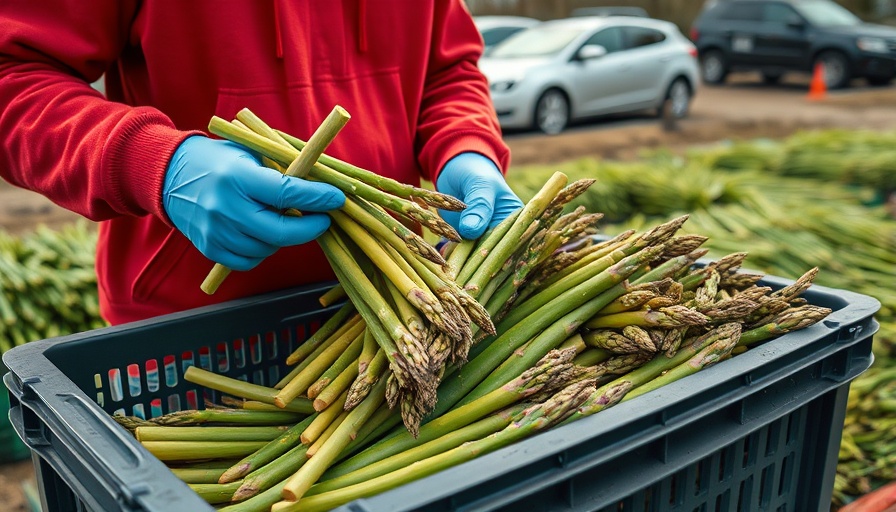
The Struggles of Organic Farming: A Growing Concern
Recently, organic farming, once viewed as a booming sector, is increasingly facing skepticism from farmers. Many are questioning whether the cost of organic certification truly justifies the effort. The high expenses linked with maintaining organic standards, coupled with rising operational costs, make this an alarming pivot for the industry. One major contributor to this crisis is the ongoing labor shortage. Farmers lament the lack of willing workers, which has left many farms understaffed and underperforming.
Understanding the Labor Crisis in Organic Farming
The labor shortage in agriculture is not new, but its impact is significantly felt in the organic sector. As larger corporations dominate the agricultural space, small organic farms struggle to compete not only for resources but also for talent. The appeal of regular farming jobs, often seen as less labor-intensive and more financially predictable, means that many workers opt for alternative careers. This trend is especially pronounced in economically vibrant areas like Silicon Valley, where entrepreneurial opportunities abound in other sectors.
Why Sustainability Matters Now More Than Ever
Despite the challenges, the principles of sustainability and environmental stewardship that underpin organic farming are still essential. As discussions about climate change and sustainable business practices escalate, the push for organic farming must not be forgotten. The need for commitment to sustainable practices can spark new innovations and business ideas, especially in tech-driven regions. Entrepreneurs and investors looking to support local businesses have vital roles to play in revitalizing the organic farming sector.
Thinking Ahead: Opportunities for Growth
Addressing the labor shortage presents an opportunity for innovative solutions. Potential strategies could include technological advancements in the agritech sector to ease the labor burden or collaborative networks amongst local farmers to attract workers. Additionally, fostering a community-based approach might encourage a new generation of workers to consider organic farming as a viable career path. By leveraging the entrepreneurial spirit seen in Silicon Valley, those invested in local agriculture can guide the sector towards a more sustainable and prosperous future.
Your Role in Local Agriculture
If you're a business professional passionate about sustainability or the Bay Area economy, consider exploring opportunities to support local organic farms. Investing time, resources, or technology could help reinvigorate this essential part of our economy, creating a ripple effect in the community.
 Add Row
Add Row  Add
Add 



Write A Comment